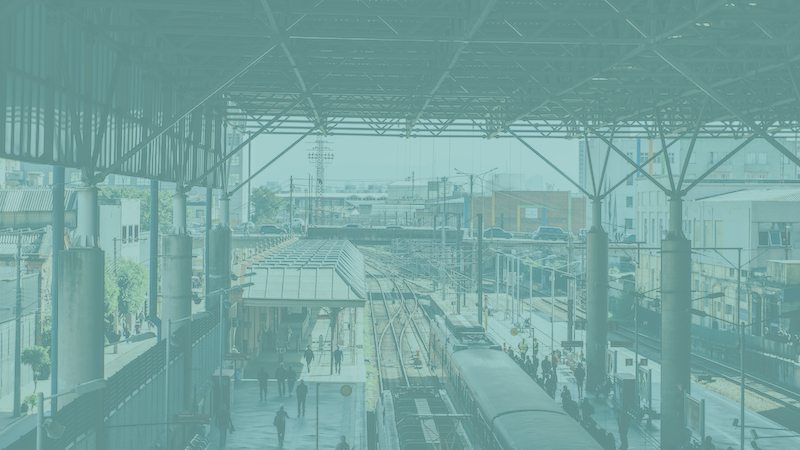Random Social Interactions and Happiness
Episode #5 of the course A quick introduction to social psychology by Andy Luttrell
The Psychology
If you look through the zillions of self-help books published every year, you’ll find a lot of people claiming to know the secrets to happiness and a fulfilling life. Clearly, people are interested in happiness psychology.
Psychologist Martin Seligman and his colleagues wrote that “at least 100 ‘interventions’ claiming to increase happiness have been proposed.” Although plenty of those claims are probably based on speculation or a single person’s experience, recent research in positive psychology has applied the research methods of psychological science to the tricky question of happiness.
In general, social psychological research tends to show that the more we connect with the people in our lives, the happier we are.
The funny thing is that we sometimes think talking to people will make us less happy! Imagine you’re taking the train to work and a stranger sits down next to you. Most people think that their commute will go more smoothly if they just keep to themselves and do their own thing. We tend to think that striking up a conversation will just waste time, and we’ll be frustrated that we gave up our precious time in order to small talk with a stranger.
But it turns out that striking up that conversation on the train would actually make us happier!
The Evidence
A group of researchers designed an interesting experiment. They went up to people in the train station and asked if they would participate in a simple study. They asked these commuters to ride the train that morning in one of three ways. Some people were asked to make a connection with a stranger on the train. Some people were asked to sit in solitude on the train, and the rest were told to ride the train as they always do.
Everyone was given an envelope with a short survey to complete when they reached their destination. The survey asked questions about how they were feeling and how pleasant their ride was. The commuters completed the survey and mailed it back to the researchers.
Does connecting with strangers really work? Contrary to what people expected, the commuters had significantly more positive experiences when they were asked to form a connection with a stranger on the train compared to when they kept to themselves. Not only did they feel as though they had a more pleasant commute, but they felt better overall—and they didn’t feel like they were any less productive.
The lesson here is to have what some have called “social snacks.” Form social connections during times when you otherwise might not. Get to know other people in the world, even if it won’t turn into a long-term friendship. By finding little moments to connect with people around you, you may find yourself leading a happier, more positive life.
For more, check out the YouTube series: “The Psychology of Happiness.”
Recommended book
“The Power of Habit: Why We Do What We Do in Life and Business” by Charles Duhigg
Share with friends

